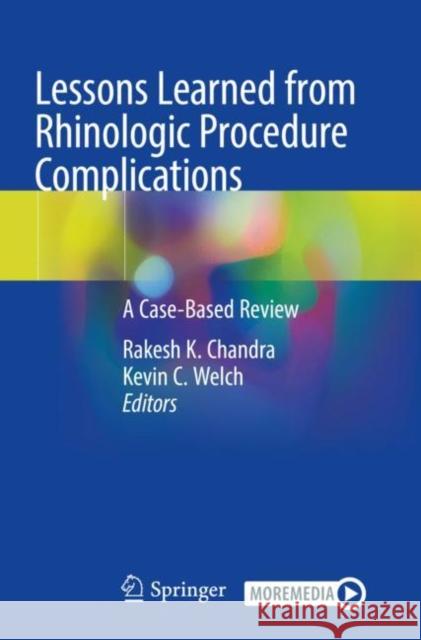Lessons Learned from Rhinologic Procedure Complications: A Case-Based Review » książka
topmenu
Lessons Learned from Rhinologic Procedure Complications: A Case-Based Review
ISBN-13: 9783030753221 / Angielski / Miękka / 2021 / 202 str.
Kategorie BISAC:
Wydawca:
Springer
Język:
Angielski
ISBN-13:
9783030753221
Rok wydania:
2021
Wydanie:
2022
Ilość stron:
202
Waga:
0.36 kg
Wymiary:
23.37 x 19.56 x 1.02
Oprawa:
Miękka
Wolumenów:
01











